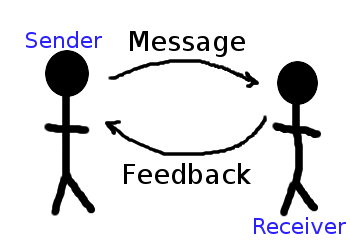 Motivation
MotivationGetting individuals to come to work and do their job can be a difficult task. According to Huber (2006) "to effectively motivate, leaders need to discover in their followers some internal and external need or trigger that arouses a desire, energizes the will, and serves as a basis for action or thought."
- In order to do this the leader needs to know what motivates themselves!
1.) Autonomy- urge to direct our own lives. This can be done by giving up control and allowing for more autonomy. This approach has created some amazing outcomes. Giving up control can be hard for some leaders.
Would this be hard for you to do as a leader?
2.) Mastery- desire to get better and better at something that matters. This comes with practice, experience, and constructive feedback. Nurses can work on mastery throughout their profession. It can change from time to time and it can be a continual process.
3.) Purpose- the yearning to do what we do for the service of something larger than ourselves. Dan Pink approaches this by having employees write down the purpose of their work for the company. Discussing this at a meeting can determine how and what the employees are feeling about their particular job.
With all the effort put in to motivate employees, there will still be some that are "unmotivated." Creating an environment that is conducive to motivation and encouragement will enhance productivity, creativity, and longevity.
We have recently started a program at work that allows us to recognize a coworker for a job well done. This is something a lot of us are looking forward to. It is nice to be recognized for going above and beyond your job description. Even doing you job tasks day in and day out without encouragement or acknowledgement can be frustrating. I think this approach will motivate the staff to do their jobs and help others. Every now and then it is motivating to hear "great job" or "thank you." When I get told these it motivates me to do more and strive for better!
What will you do to motivate others around you?
Huber, D. (2006). Leadership and nursing care
management (3rd ed.). Philadelphia, PA: Saunders Elsevier


